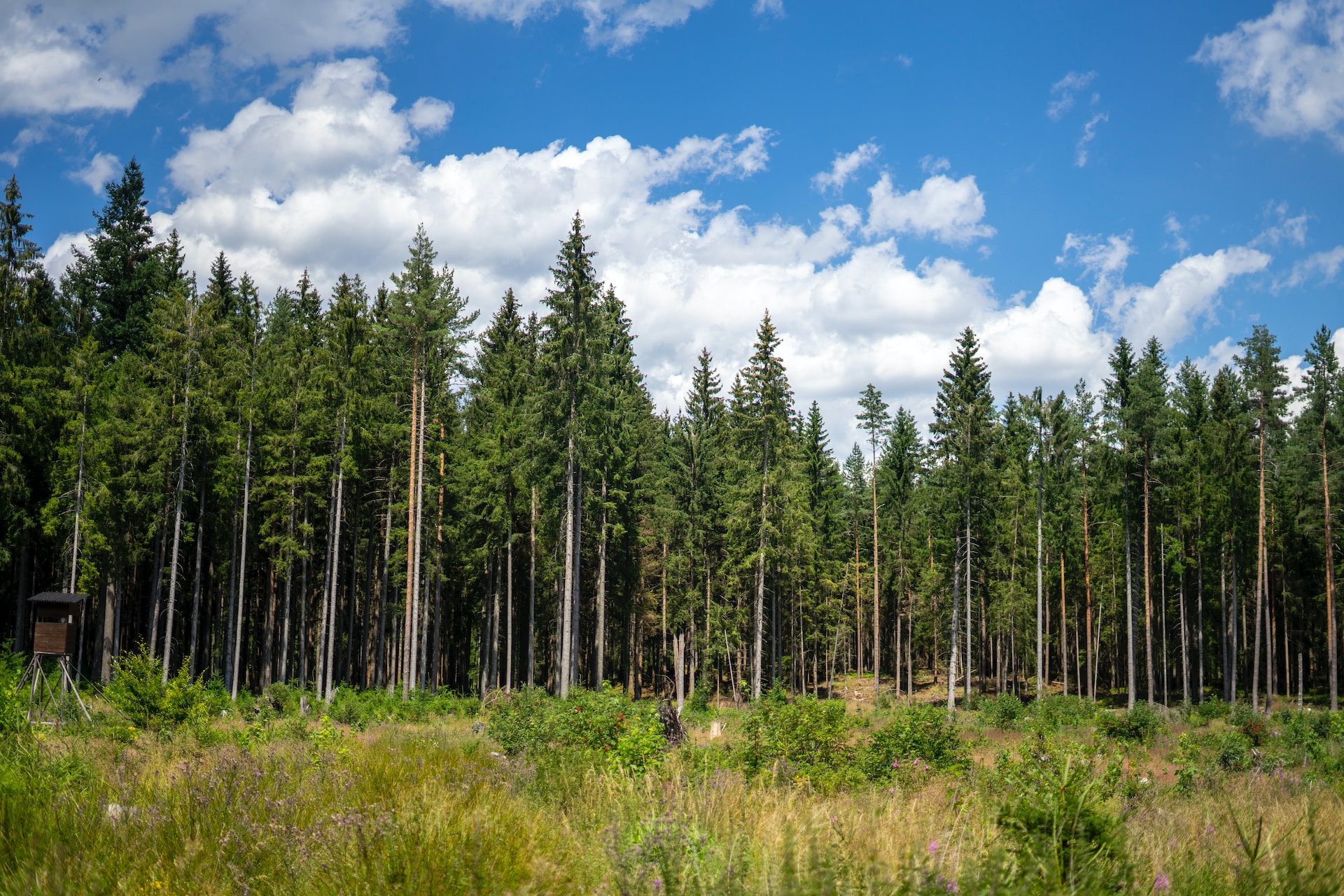Intensive harvesting by repeated whole-tree extraction in forest ecosystems – effects on stem-growth, carbon stock and growth in the next forest generation

Utilisation of forest biomass will have a leading role in Sweden becoming a fossil-free and bio-based economy. The amount of forest biomass available depends on area available, biomass stock, growth rate and harvest intensity.
In this study we investigate how harvest intensity affects long-term biomass production of forest ecosystems, and if compensatory fertilisation is necessary. After 40 years, in three long-term field trials, the effect of whole-tree harvest (stems + tops and branches) is compared with stem harvest only, on tree growth and carbon stock after repeated thinnings and nutrient compensation. The field trials are then clear-felled and re-established to repeat the different treatments and monitor the development of the next forest generation.
The project contributes with knowledge about harvest intensity and nutrient compensation, to determine if intensive harvest of forest biomass is sustainable in the long term.

Felicia Dahlgren Lidman
Skogforsk

felicia.lidman@skogforsk.se
Project information
Participants
Skogforsk
Time schedule
January 2024 - December 2027
Total cost of project
3 601 220 SEK
Swedish Energy Agency project number
2023-01058
More projects

Carbon and climate efficient use of biogenic waste for circular chemicals
In Sweden, around 7Mton of waste is yearly incinerated for energy recovery. Currently around 60 % of the carbon available in that…
Manager: Sima Ajdari
Ongoing

Development of process monitoring for improved efficiency in thermochemical conversion of biomass
The overall goal of the project is to enable improved electric efficiency biomass boilers. This project aims to demonstrate and make use…
Manager: Klas Andersson
Ongoing

Intensive forest biomass harvest and need for nutrient compensation – new knowledge for guidelines for sustainable biomass utilisation
To meet a future fossil-free bio-based economy utilisation of forest biomass will have a leading role. Available forest biomass depends on available…
Manager: Lars Högbom
Ongoing


